This week we packed our first zero packaging veg box: no punnets, bags, nets or even bands, be they plastic, paper or rubber. Few people complain about paper, but our research suggests that it often has a higher carbon footprint than plastic, so we have gone the whole hog and ditched the lot.
Lack of protection will mean no delicate leafy greens such as spinach or salad leaves (hardier greens and lettuces like Cos and Little Gems should be okay), and no cherry tomatoes or mushrooms, so I am guessing sales will be low. But maybe you will prove me wrong. We made several attempts to offer a 100 per cent UK veg box, but it never amounted to more than one per cent of box sales – until recently. It’s now doing much better at seven per cent. Perhaps acceptance is growing that ‘one planet living’ requires compromise.
So, is this new box just a grandstanding gesture? Sometimes you need a jolt to shake you out of a rut; to quote Walt Whitman, you need to “re-examine all that you have been told and dismiss that which insults your soul.”
Putting perishable produce, which will be gone in a week, into a plastic punnet which will last a lifetime really should insult our souls. Big, disruptive ideas normally come from the freaks on the fringe, away from the straitjacket rationalisation of the norm. Revolutions are rare; the biggest impact of peripheral change is in moving the centre just a little.
The small percentage of vocal vegans have led far more of us to consider and reduce our meat consumption. Just three per cent of land being farmed organically in the UK has led to debate about pesticide use, better animal welfare and soil management on the other 97 per cent.
Likewise, I suspect the greatest impact of the new box will be in forcing us to take a fresh look at the packaging in our other boxes, and to consider novel solutions previously thought too wacky to investigate. We might even come up with ideas that those closer to the centre may use.
In the rest of our boxes, we continue to remove packaging; this January, an independent study found that Riverford veg boxes contain 82 per cent less plastic than the equivalent organic veg from 7 major supermarkets. And by December, all our fruit and veg will be 100 per cent plastic free, replaced with home compostable plant-based cellulose. This is proving more challenging than we envisioned, but we are still on course to succeed.
The zero packaging organic veg box is available to order now at riverford.co.uk.

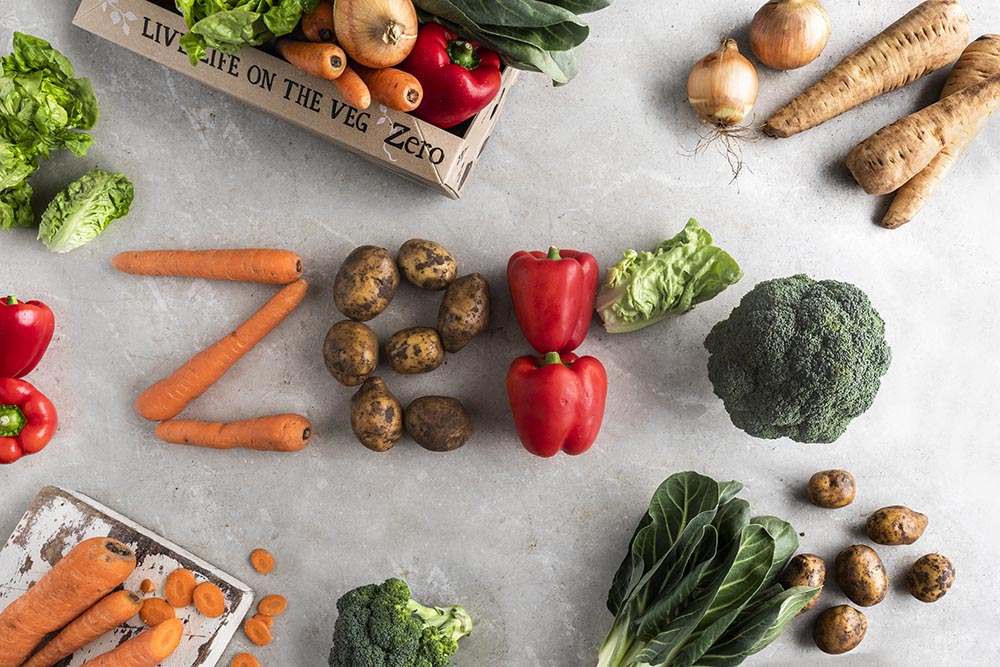
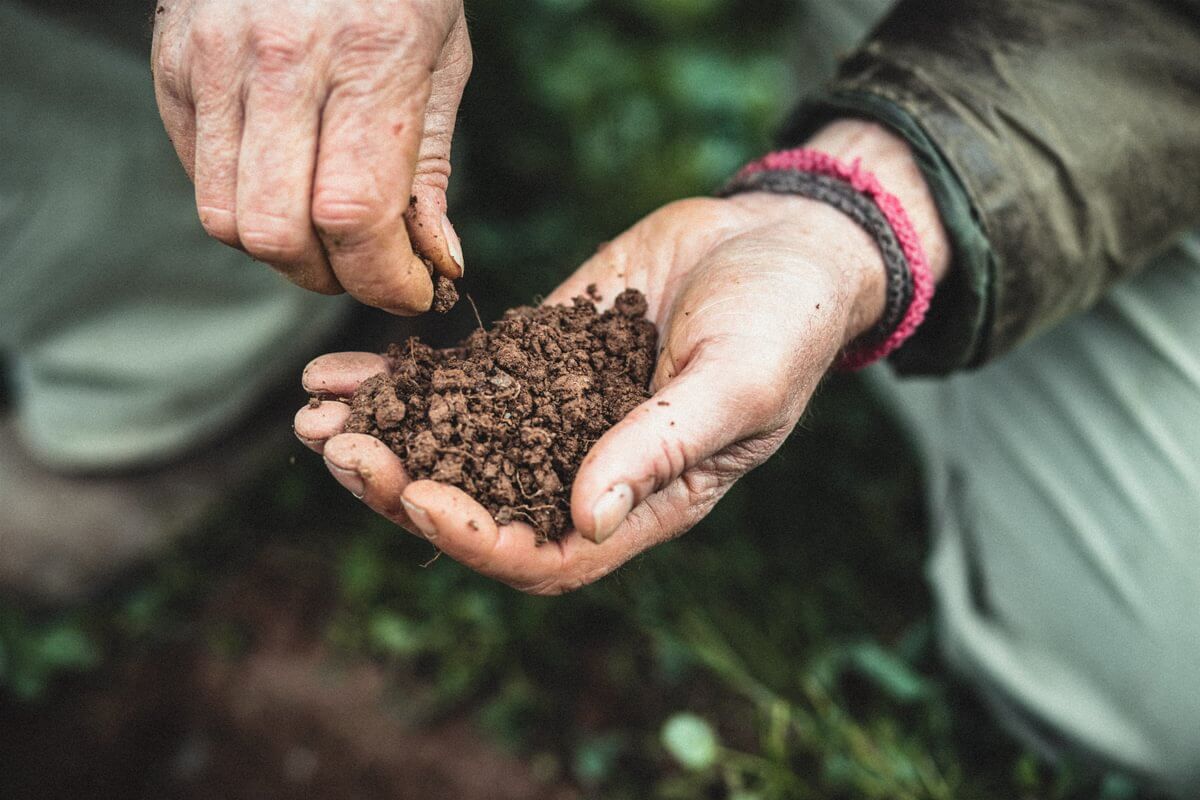
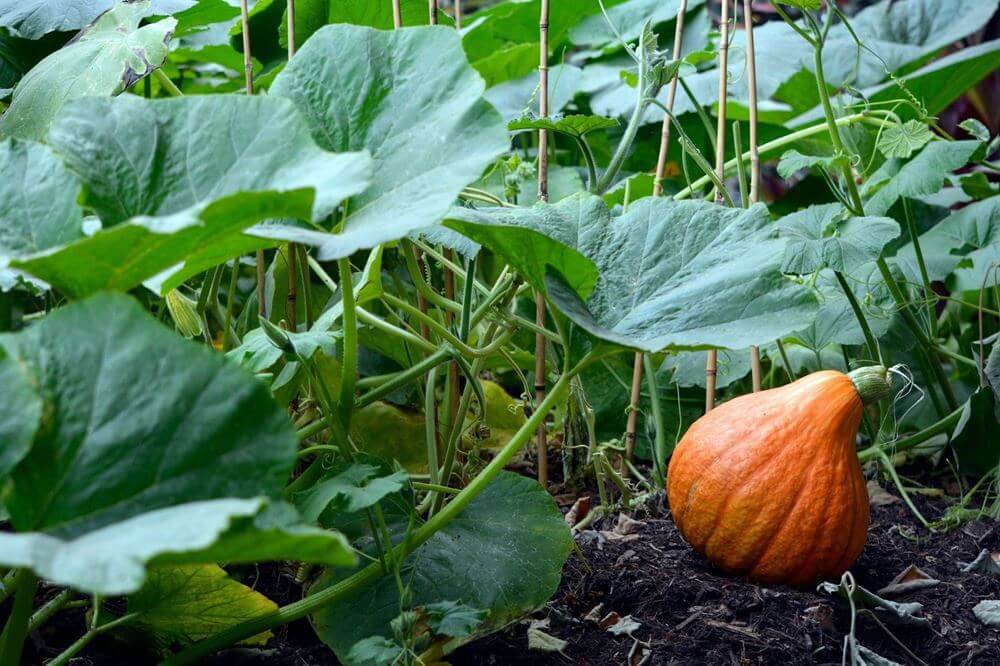
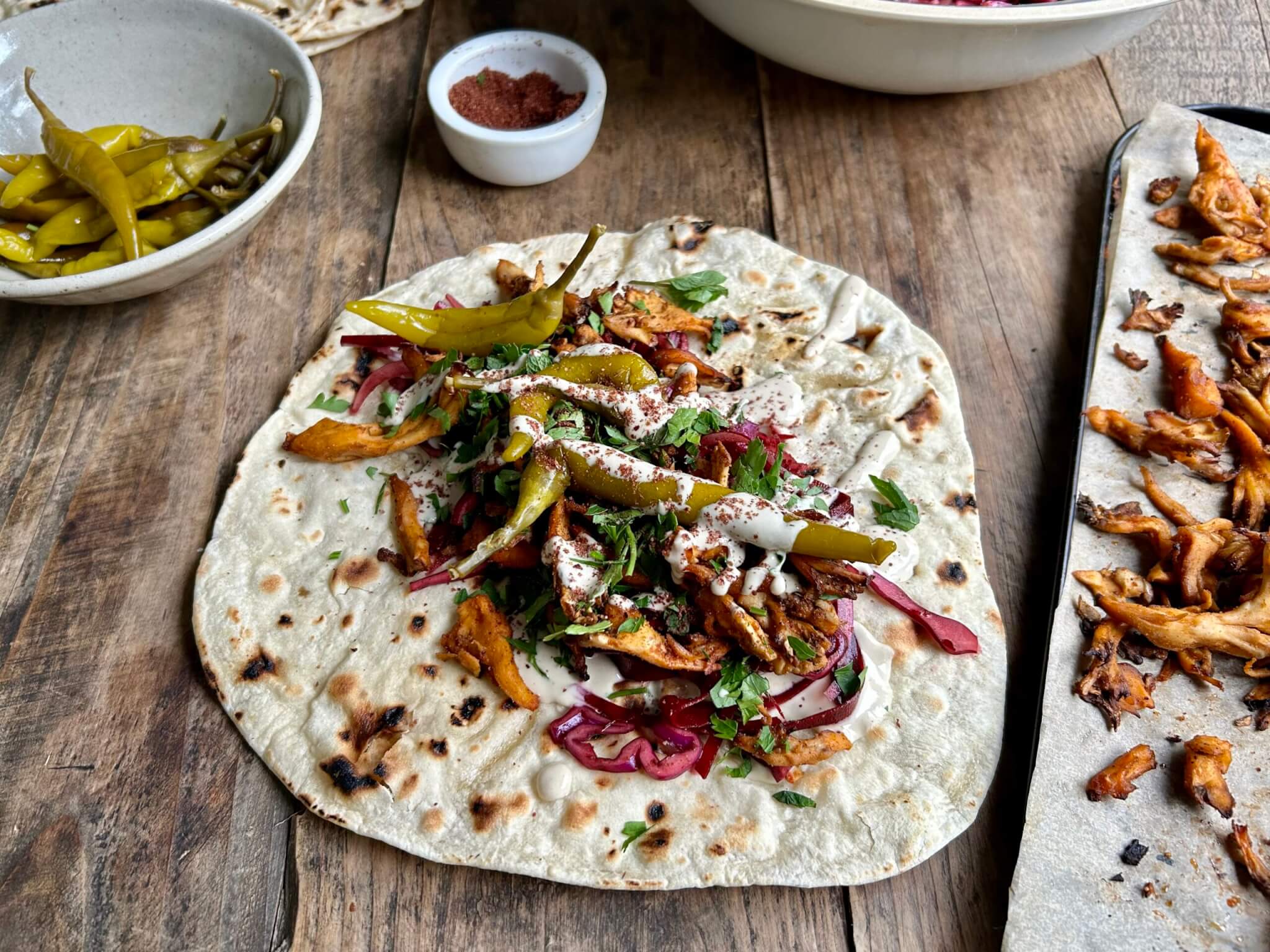
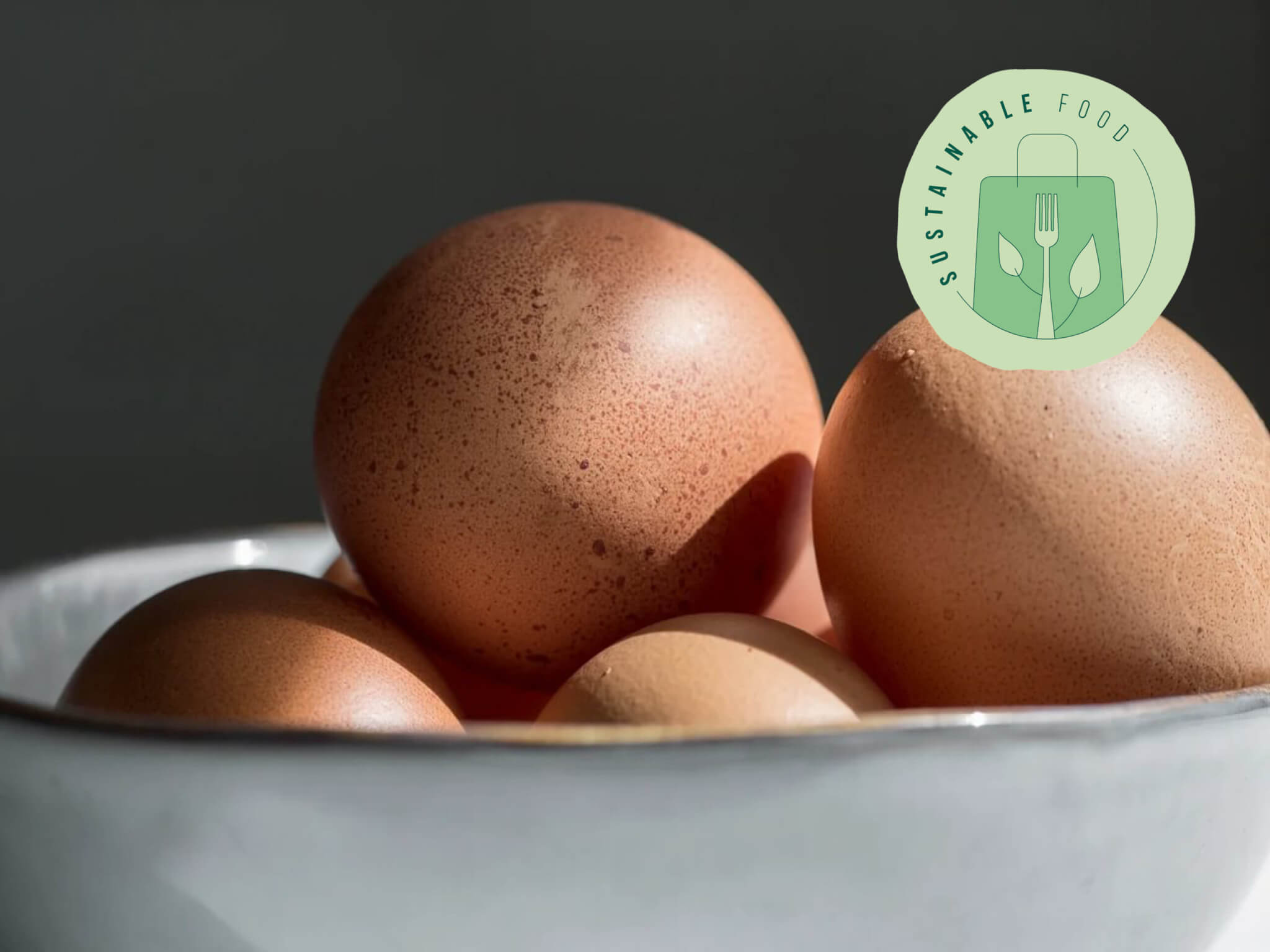
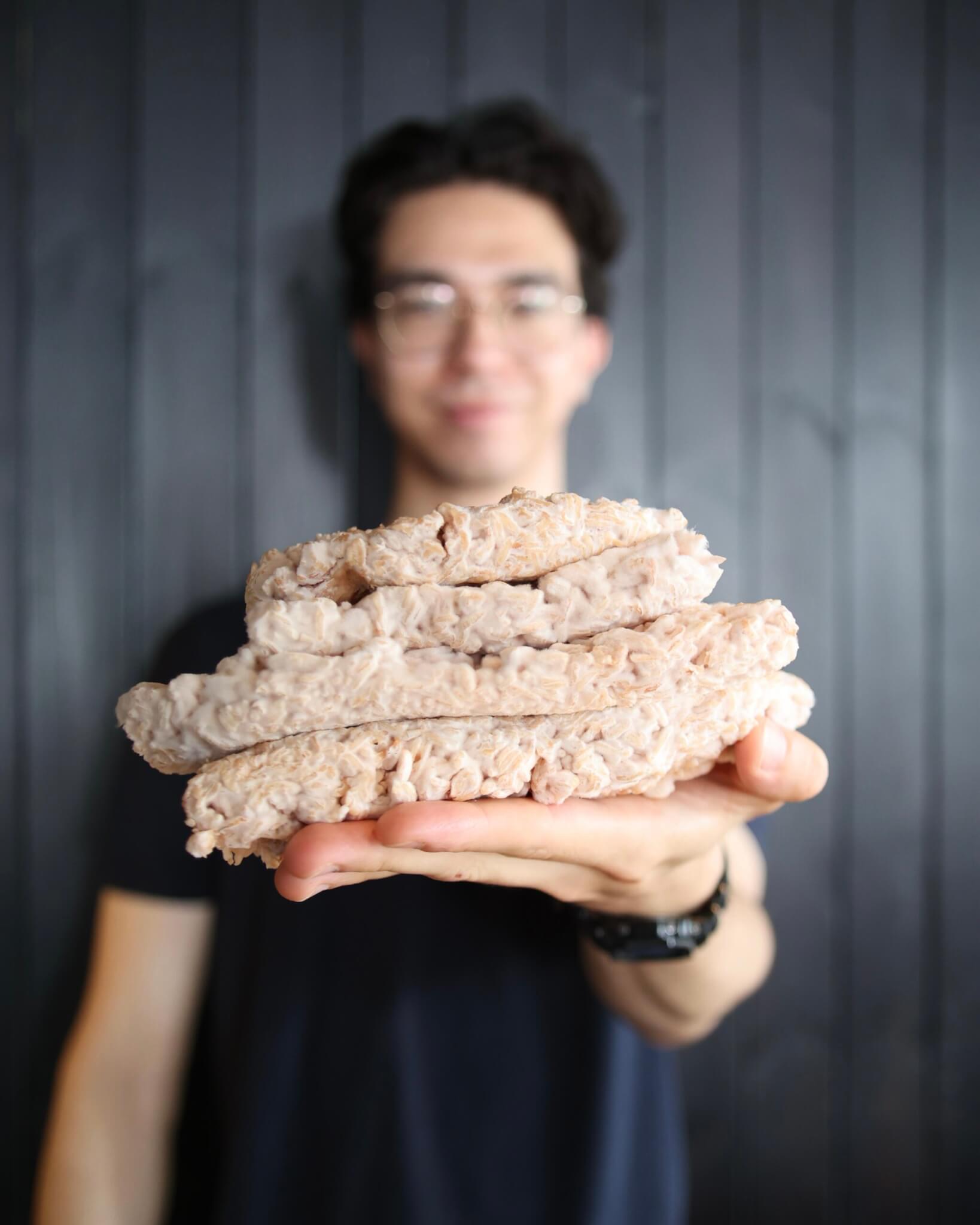
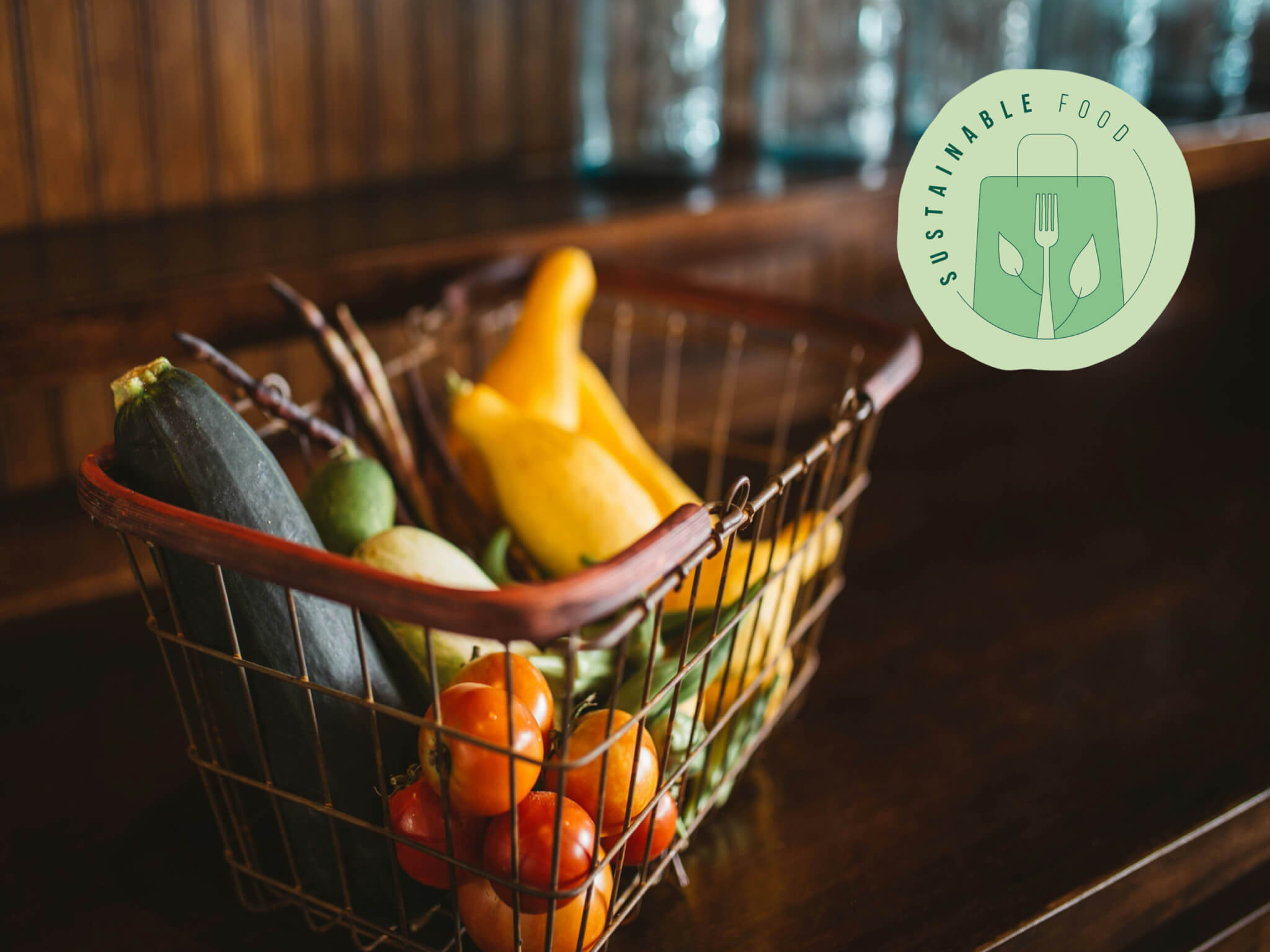





Personally I prefer each product to be packaged separately. This is basic hygiene to avoid/lessen the chance of contamination. Just use sustainable packaging that can be composted.
Out of curiosity just suppose that a person is the carrier of a deadly virus. He/she coughs and sneezes all over uncovered foodstuff typically fruit, vegetables and bread/cakes. The droplets containing the viruses land on the uncovered food☹️ Now my query – Is the virus able to live in this environment and if so can it be passed on to the buyer?
Just wondering
Hi Tyna, Coronavirus is highly unlikely to be spread through food or packaging, and food companies already have strict hygiene controls in place. Viruses like coronavirus can’t survive outside of the human body for very long, and usually spread from person to person through coughing. The NHS has more information here if you need up to date advice: https://www.nhs.uk/conditions/coronavirus-covid-19/
Just because your getting an organic veg box doesn’t mean you shouldn’t be washing your veg.
On the contrary you should be washing everything before using and eating.
As to your liking things delivered in nice separate packing because of contamination see first sentence….
Smaller, local organic box schemes use less packaging than Riverford and sell mainly (or even only) their own grown veg.
I get frustrated when Riverford insist on packing extras in bags, paper and plastic. Paper bag labelled 800g bananas?? Apparently it’s to do with the automated packing line. Perhaps we’ve gotten too used to Riverford supermarket convenience.
Paper is biodegradable and compostable and when using it the law of return to the soil is observed. If using paper for organic products would help to promote the growth of organic farming methods, I would use it.
Well, I think this is a great move.
I get why leafy salads and baby spinach might not travel well loose in a box, but surely a few loose mushrooms and tomatoes would be ok, as long as the heavier and more robust veggies and fruit are on the top. Failing that put them in the paper bags. Like in the good old days at the greengrocer shop.
The strawberries and raspberries should also be okay in the card punnets, that’s all I ever used when I picked my own for jamming.
Most soft fruit doesn’t last long anyway so why keep them in plastic at all.
As soon as the summer fruits are here they usually last 28 hours in this house…..
I agree that zero packaging is a good thing. But I also think there may be hygiene and practical concerns. What about re-usable packaging? You already have re-usable boxes, wool liners, ice packs, etc. Do people return them in a good condition?
What about re-usable, stackable, washable punnets? I remember when I went to buy milk, and swapped an empty glass bottle for one full of milk (and payed something extra 🙂 ).
I’m not sure if it’s practical for Riverford to credit people for the packaging they return, wash it and reuse it. But as a consumer I’d rather pay a deposit for my packaging and be able to have spinach and strawberries than have zero packaging.
(I do use Riverford, but I choose what I want each week, not a veg box.)
Hi acardocacho, I have checked in with the Riverford packaging team, who sort all returned vegboxes to ensure they are in good condition. If not they will be recycle. They explained packaging’s reusability for food depends largely on two things: food hygiene, and labour/materials costs. Cardboard punnets are very porous and so disintegrate easily, take on moisture, then quickly go mouldy/unhygienic. Better to upcycle your mushroom punnets at home to grow seedlings, compost or recycle them. The wool lining of the coolpacks can even be composted.
Plastic bags are often used for leafy greens and so are subject to a lot of moisture, reducing reusability from a food hygiene perspective.Plastic punnets, have the same issue and also get damaged easily which would make it difficult to wash and reuse them. Paper bags would not stack up from a labour perspective (fiddly to avoid ripping/un-creasing them), and driving them around would incur so much fuel that if even 10% failed it would incur huge costs to us. Plus paper bags are not an issue at the end of their life (i.e. they break down safely). Also, food hygiene again.
Riverford’s iconic vegbox itself is different as it is very solid and can be used many times (e.g. veg boxes used on average 7 times) making the driving around and fuel costs associated with these packaging types both economic and environmentally sound.